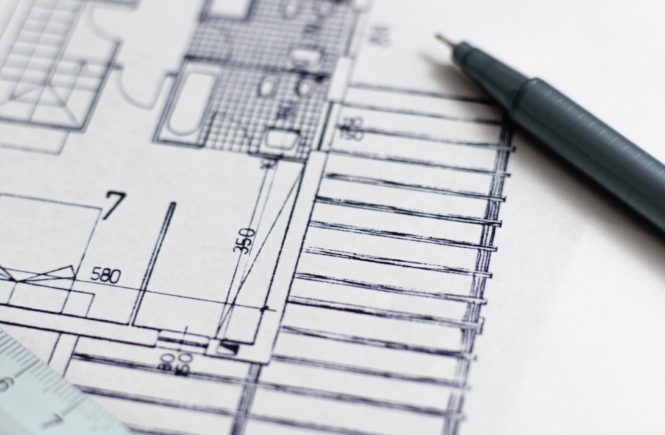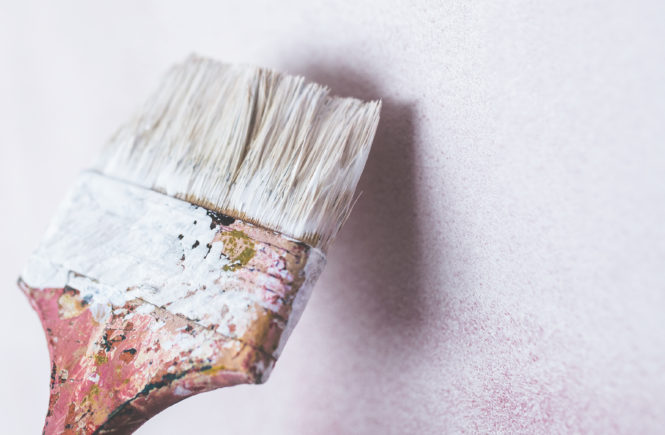Continually, as physicians, we are taught we must lose ourselves in the care of others. We must make sacrifices in order to provide the best care.
Can I be a great physician without losing myself along the way? Can I put my full heart and soul into the care of each individual and still leave some of that passion for myself and my family?
I know this is true. I’ve seen it.
Despite knowing that it is possible to not lose yourself yet still give everything you have, I feel a sense of selfishness when I don’t agree fully with these statements. I want it all. I will not let “doctor” be the only association with my name.
When I attend meetings, I hear from many established attendings that you must take this time in medical school to focus only on your studies. Then the same for residency. This is the time to learn as much as you can, you cannot sacrifice your education. But am I really sacrificing my education, just because studying is not all I do?
I made a decision before I started medical school that I would not put my life on hold. Other people have a different perspective than me in this regard, and that is okay. However, for myself (and I know I am not alone in this), I will not wait to build a home and a family. I have goals outside of medicine, and that is perfectly okay and perfectly healthy.
That does not mean it is without its stresses.
In the transition from foundational classes to the organ systems, I needed a lot of self-reflection. It took some time and a few breakdowns, but I regained my acceptance of who I am choosing to be as a medical student.
I, as is with so many other medical students, are used to being “perfect”. [I in no way mean this literally, but rather the perception of perfection.] We are often our own worst critics and it can be hard to accept the reality of not living up to our own high expectations. I personally feel this is one of the core sources of mental health issues in medical students. And unfortunately, the culture of medicine only further reinforces these negative mindsets.
Physicians are held to such high moral and ethical standards, from society but even more so within our own community. Not to mention that our mistakes can cause true harm. We must be “perfect” and all too often people forget that we are also human.
The pressure can push us to a breaking point, if we let it.
Medical schools have become fully aware and accepted this as an ongoing issue. Administrators put programs into place to provide mentorship, counseling, and promote wellness. Despite these programs existing, there is still one issue: many medical students see these sessions [mandatory or not] as secondary to their study of the material. Quite frankly, they are often seen as a waste of time, time that could be used to study for the next exam. The culture of medicine is still at the core of this issue: Focus on your studies. This is the time to learn as much as you can, you cannot sacrifice your education.
We must find a way to change our perceptions. We can improve the culture of medicine, without sacrificing amazing care: We can give all we can in the care of others and still leave more for ourselves.
My advice to those in the middle of this struggle. Find your outlet, find multiple outlets. Find people you can be truly and whole-heartedly honest with about what you are feeling. People who will build you back up when you feel at your worst. Do not push it away. It is normal to feel imperfect, to feel inadequate. You are not alone in this, there are others in this with you who feel the same. Find a passion completely unrelated to medicine. Keep it with you throughout your journey.
You will persevere.





